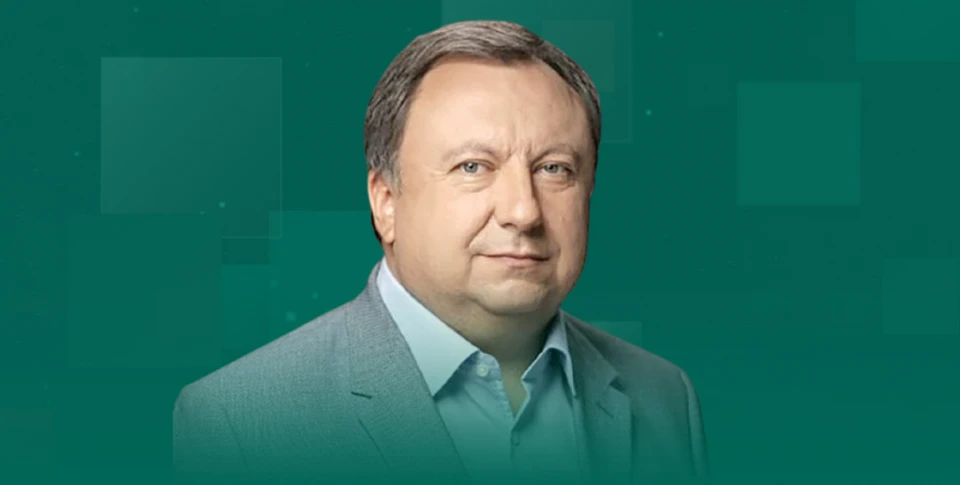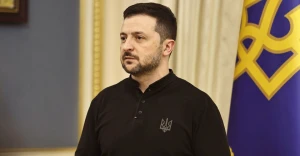
Ukrainian soldier does more for U.S. and European security than all NATO armies
The meeting in Saudi Arabia predictably yielded no results
More precisely, its main takeaway is that U.S. and Russian representatives are capable of discussing a wide range of issues—from the reopening of embassies to the Arctic and oil and gas cooperation. But not Ukraine.
It’s worth noting that the U.S. has long followed a policy of compartmentalization when dealing with "problematic" countries. A striking example is China, with which Washington has numerous disagreements. Notably, current Secretary of State Marco Rubio has been under Chinese sanctions for five years. Yet, this hasn’t prevented the U.S. from simultaneously negotiating with Beijing on climate, nuclear energy, and investments.
Similarly, the Biden administration sought to maintain contact with Russia on matters unrelated to the war in Ukraine, effectively setting it aside. However, since Ukraine remains a central issue for Putin, it was ultimately the Kremlin that severed ties. Thus, what happened yesterday in Saudi Arabia fits entirely within the logic of U.S. foreign policy and adds practically nothing new.
The critical principle in this situation is "nothing about Ukraine without Ukraine." It remains unclear whether deviating from this will become part of the U.S.'s new policy, but it is evident that at least an attempt was made.
However, it is hardly a successful attempt, as no concrete agreements on Ukraine have been reported. Following the meeting, Marco Rubio stated that normalization of relations with Russia is out of the question until the war ends.
Global media are largely unanimous in their assessments. *The New York Times* called the events "the most disgraceful reversal in American foreign policy in 80 years." Time will tell whether this truly becomes a diplomatic mistake that the world will remember with shame for decades.
However, despite Trump's increased activity and growing uncertainty, nothing critical has happened for Ukraine so far. The latest Pew Research polls show that 39% of Americans still consider supporting Ukraine an important factor in U.S. national security. U.S. arms deliveries were halted for just one day in January before being swiftly resumed. Meanwhile, Europe has intensified discussions on EU "peacekeepers," forming a large-scale aid package for Ukraine, and purchasing American weapons with European funding. All of this suggests that the new U.S. administration has yet to establish a clear plan, and events are unfolding largely by inertia.
Ukraine’s key task in this situation is to remain focused, maintain unity, and provide maximum support to its military. In a world of growing chaos, the Ukrainian soldier has unexpectedly become the force doing more for U.S. and European security than all NATO armies combined.
About the author. Mykola Kniazhytskyi, journalist, Member of the Ukrainian Parliament.
The editorial team does not always share the opinions expressed by blog or column authors.
- News












































